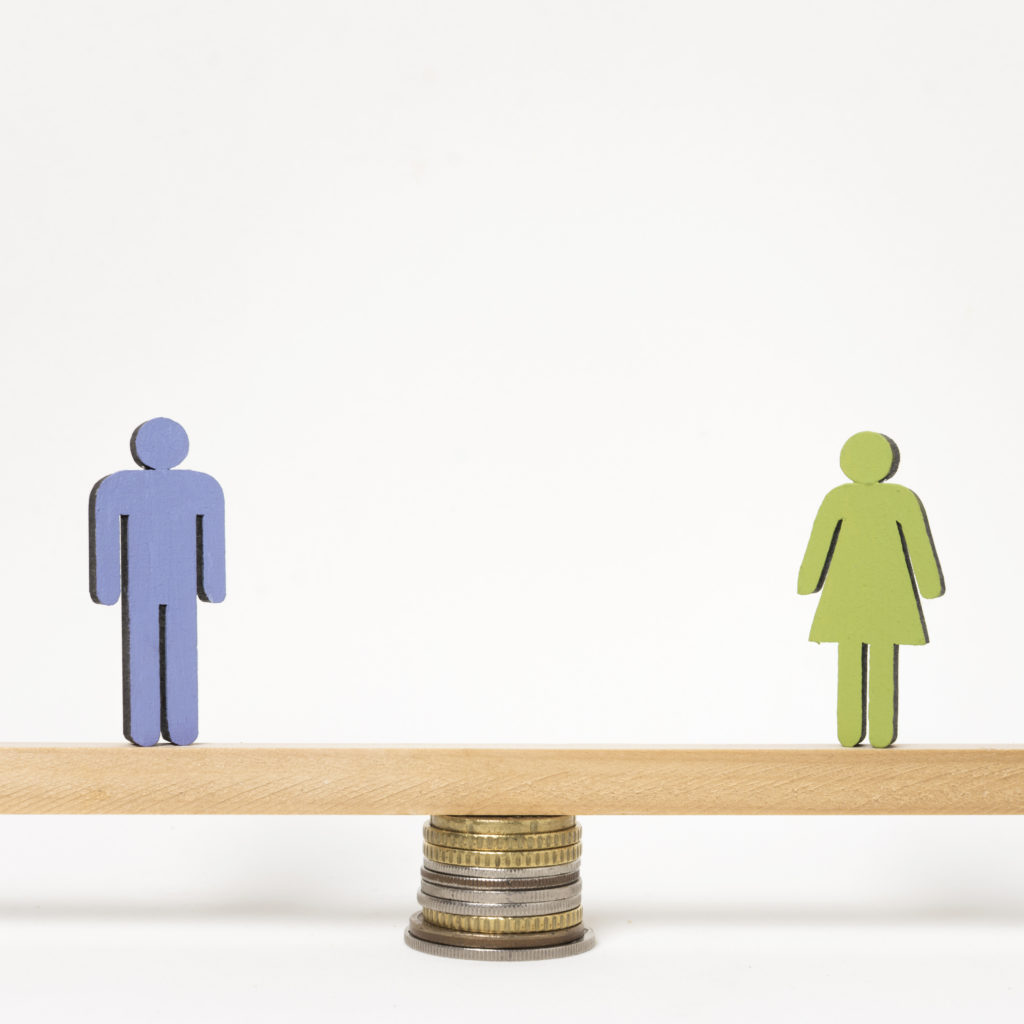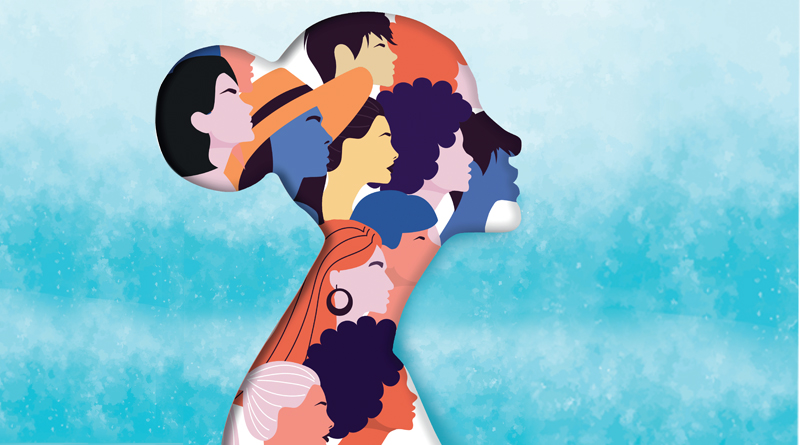The Never-ending Story of Women’s Rights
Will we hear the end of it?
By: María Alejandra Pulgar
“Women belong in all places where decisions are being made.
It shouldn’t be that women are the exception.”
Ruth Bader Ginsburg
International Women’s Day has been celebrated every month of March for more than a century, and every year commitments are made worldwide to make changes on the issues of gender bias and inequality. But a definitive improvement has yet to come.
It is the 21st century and there are still girls in the world who do not have access to schools, women who do not earn the same wages as their male peers for the same work or are overlooked for raises or positions of power. In the most powerful country in the world merely this year a woman has become Vice President for the first time. There are still plenty of glass ceilings to shatter for girls and women, and it is long overdue they achieve equality in protection, compensation, and opportunities.
Celebrating women’s achievements is essential but is not enough. Society needs to speed up its evolution of understanding that, regardless of the gender of those making them, decisions need to be fair and opportunities should be open for all human beings because it is the right thing to do. It is on the shoulders of families to raise their children with that awareness to achieve a conclusion soon to the never-ending story of the fight for gender equality.
The most important issues women face today
This year the theme for International Women’s Day is #ChooseToChallenge, with the objective of challenging society and speaking up, to raise awareness and support on the main issues women still confront worldwide, taking the premise that when matters are discussed and addressed solutions are more likely to emerge.
According to a recent Pew Research Study, the more important gender equality issues are equal compensation in the workplace; discrimination of women for promotions, hiring and education opportunities; support and better-paid maternity/paternity leave; legal, political, and business leadership representation of women; reproductive rights; sexual harassment and violence against women; balance on traditional gender roles in society; value and recognition of women’s contributions; women’s roles in the armed forces, and equal share of responsibilities for childcare.
The study also shows that a majority of those who consider the US have not made enough progress on gender equality believe the main obstacles for it to happen are the legal differences on several rights that women have compared to men, as well as not enough females in decision-making positions, and the different expectations that society place on women and men roles and responsibilities towards family.
Women are able to vote in the United States merely since 1920 when the 19th amendment was adopted. It is still considered the greatest achievement in women’s rights because it opened the doors for women to serve in office and support the passing of laws to improve their own protection. The right to vote came after half a century of marches, protests, violence, and arrests against those who promoted it. Men have been prevalent leaders in society since the beginning of civilization and that has made more difficult for women to gain over the centuries an equivalent position of influence in their communities.
The creation of a more inclusive world where all people have the same advancement opportunities, without gender bias, depends on a sustained global effort to raise awareness on the issues and to celebrate the achievements that demonstrate women’s capacities and abilities; hence the importance of celebrating International Women’s Day.
 Leadership and support for gender equality policies
Leadership and support for gender equality policies
The United Nations Commission on the Status of Women (UNWomen) was established to accelerate the progress on the implementation of measures to meet the needs of females worldwide, setting goals and supporting initiatives of the countries to create laws, policies, programs, and services to benefit women and girls.
In 2015 world leaders adopted 17 goals within the 2030 Agenda for Sustainable Development. Among those goals are the elimination of poverty and hunger; access to quality education, clean water, and health services; climate action and protection of the environment, and the conservation of peace and strong institutions to support it.
Achieving gender equality and women’s empowerment will ensure the rights of women and girls to have access to education, justice, and economies that work for all people and a healthy environment now and for future generations. The elimination of gender inequalities would guarantee the work of all talents towards the worldwide progress envisioned on the 2030 Agenda.
2020 was expected to be the year world leaders would speed up those equality efforts and unfortunately, the COVID pandemic disrupted the plans. UNWomen reports recently that “women and girls are now facing acute hardships, including higher rates of poverty, increased care burdens, and greater exposure to violence. Child marriage is also projected to increase.”
The world has taken a step back on the gender equality efforts and that is tragic. Women are still “underrepresented at all levels of decision-making worldwide and achieving gender parity in political life is far off.” Only ten countries have a woman Head of State, and 119 countries have never had a woman leader. If that trend continues it is estimated that it will take at least 130 more years to achieve equality on access to higher offices and positions of power worldwide.
What can be done? Get educated, mobilize and hold leaders accountable regarding respect, support, and empowerment of the advance of women towards decision-making roles, and foster safe environments and opportunities for girls and women to thrive at school, at home, at work, and all roles in the communities.


I have heard that the voting rate for Hispanic millennials /women is terrible and it has been my experience .
” Nov 02, 2020 · According to John Holbein and Sunshine Hillygus in their book Making Younger Voters, in 2016, although 90% of young Americans reported an interest in politics, and 80% intended to vote, only 43% of people between the ages of 18 and 29 ended up actually casting a ballot”
=====================================
“Women belong in all places where decisions are being made.
It shouldn’t be that women are the exception.”
Ruth Bader Ginsburg
Her generation and bit younger fought the political fight only to have younger generations dwell in political apathy because from what I have seen not only do MOST women 18 to 30 not vote but the FEW that do ignore local and state elections .
In other words they vote only once every 4 years .